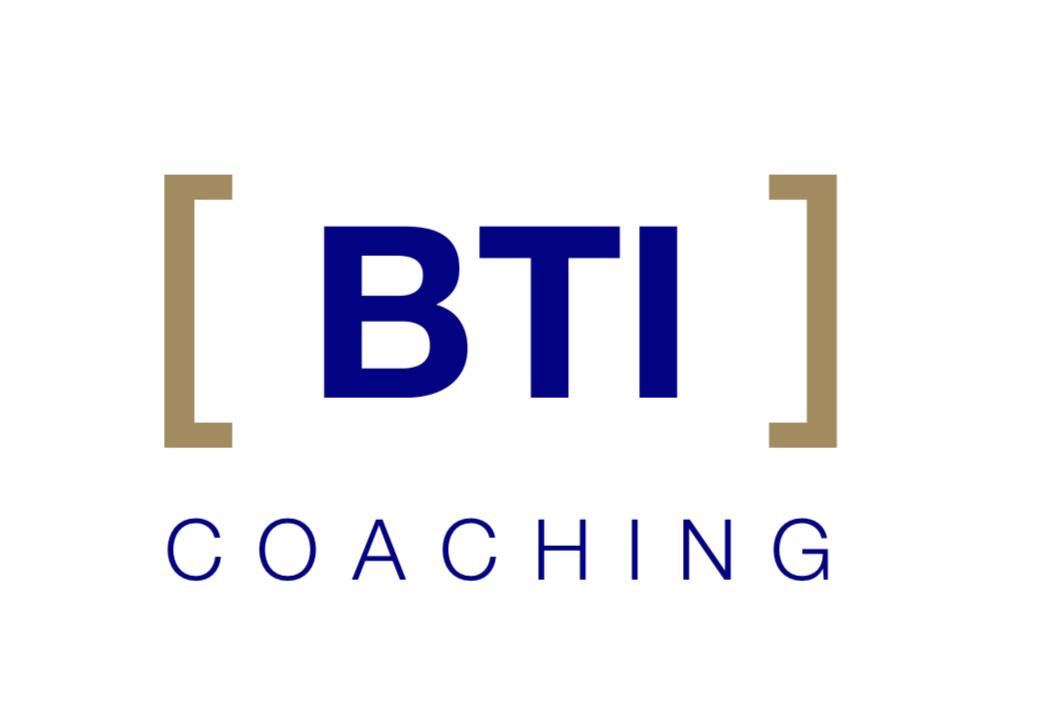Doubt helps us recognize our biases and actively seek information that challenges our beliefs, leading to a more balanced, accurate understanding of reality. It frees us from dogmatism and extremism, inviting us to question our assumptions and move beyond cognitive traps, like the illusion of truth—believing something simply because we’ve heard it repeatedly.
Practices like critical thinking, exposure to diverse viewpoints, and tackling complex problems awaken this capacity for doubt. This process can also help calm our automatic reactions and the emotional centers that drive them, fostering self-awareness and emotional balance.
True kindness requires courage and depth. It is not weakness but strength, essential in a world filled with suffering. Genuine kindness creates a more just, compassionate space where conflicts become steps toward growth.
Self-understanding builds confidence, yet relying solely on self-knowledge is limiting and, often, an illusion. Letting go of the need to control everything is vital; it opens us to life, inviting us to move with gratitude and wonder. We must learn to distinguish the stages of personal growth from automatic habits that shape our perceptions, mindful of how deeply context influences us.
Instead of endlessly pursuing more and better, let’s slow down and focus on what truly matters. Avoiding unnecessary pressure and cultivating stories that uplift us rather than harm us is key. The allure of self-improvement often pushes us into unexamined habits that can lead to self-sabotage.
Modern leaders, pressed for productivity, must remember that rest and inaction are not only rights but vital pillars of well-being and fulfillment. Recognizing this can reshape our approach to leadership, making it more effective and sustainable.
Byung-Chul Han describes this “shining form of life” in idleness, pointing out how we’ve shifted from a repressive “disciplinary society” to a neoliberal “society of performance” that exhausts us. Today, we may think we are free, yet we drive ourselves relentlessly. Reassessing our priorities, valuing rest, and releasing the grip of self-expectation might just be the path to true freedom.
Related Posts
Thinking in an Uncertain World: Toward a Human Leadership
Crisis is not a dead end but a space to inhabit. Rather than fleeing uncertainty, we must engage with it, seeing it as a source of renewal rather than paralysis. Thought must embrace the fluidity of...
Redefining Desire: Embracing Fulfillment Through Acceptance and Purpose
Desire isn’t the enemy, but neither is it something to chase endlessly. Faut pas chercher invites us to stop seeking fulfillment through constant acquisition and instead accept desire without obsession. By...
Cultivating Surrender and a “not seeking approach”
Wisdom is not always found in control or understanding but in surrender—trusting life’s natural flow. Overanalyzing can exhaust us, while embracing uncertainty brings peace. Letting go means releasing the...

